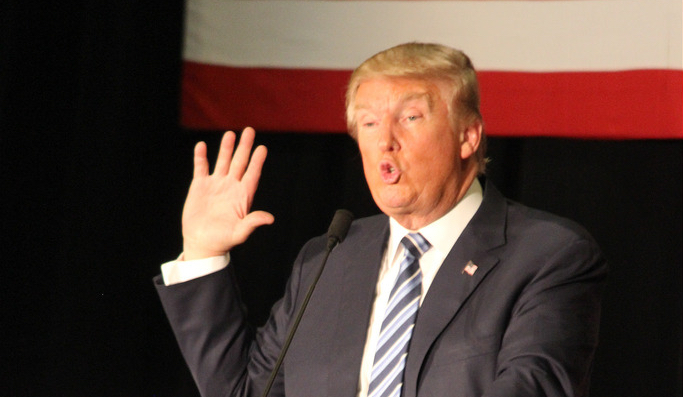Trump is taking the GOP down with him

As Donald Trump’s trade war rages on, he may have won over many of the Republican members of Congress, who have in no uncertain terms demanded that their constituents tough it out, though what exactly they’re waiting for is unclear. Senators Tom Cotton, Joni Ernst and Lindsey Graham, all facing re-election next year, made similar statements defending Trump’s idiotic standoff with China, hoping they can somehow cast him as the hero of the story and avoid his wrath until after the election is over.
When China didn’t roll over, and implemented retaliatory moves of its own instead, the Trump administration thought it could pacify its farmers with bailouts – offering $28 billion in aid, essentially a bribe to make sure they voted Republican. We all knew that the bailouts weren’t even close to what farmers could be making without there being a trade war in the first place. What we didn’t know, and perhaps shouldn’t come off as too surprising, given Trump’s habit of not paying people, was how poorly the administration is handling these funds.
According to a new report from NBC News, 596,000 applications were filed since the program began last September – and only five percent of those applicants have received any money. Part of the reason is due to a woefully understaffed U.S. Department of Agriculture unable to process such a large volume of applications. Because they can’t deliver the payments efficiently, these payments have already accrued one million dollars in interest payments, which adds to the burden of his tariffs on American taxpayers.
The fear of being associated with Donald Trump has hit him in an unexpected but critical spot. It’s the reason that a number of his agencies are significantly understaffed and incapable of functioning. A number of farmers have already begun turning away from Trump as the trade war began to worsen, and we could be seeing potentially more of his support dropping out.
James Sullivan is the assistant editor of Brain World Magazine and an advocate of science-based policy making
